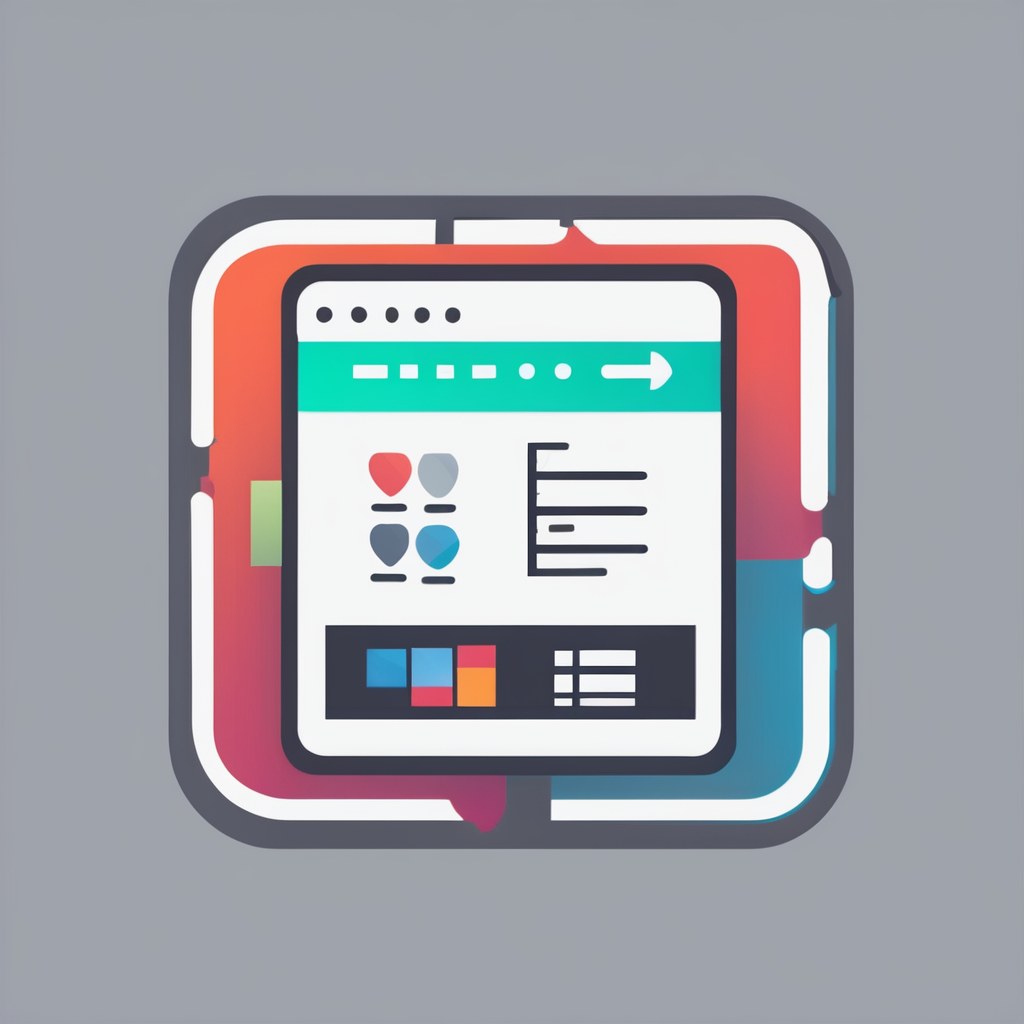AI employees revolutionize productivity by automating routine tasks and freeing human talent for strategic work. Tailored digital assistants adapt to your business needs, delivering continuous support across functions like customer service, marketing, and analytics. Exploring how AI integrates seamlessly with existing tools reveals practical ways to scale operations, boost creativity, and maintain competitive advantage without extra staffing.
Understanding AI Employees and Workforce Automation
AI employees, such as chatbots, virtual assistants, and robotic process automation (RPA), form the core of modern workforce automation. They facilitate tasks like customer service, data analysis, content creation, and scheduling, improving efficiency and reducing operational costs.
Also to discover : Revolutionizing safety: how deep learning elevates the precision of facial recognition technology
Platforms like Sintra and Lindy provide AI-driven workforce solutions. These tools integrate seamlessly with existing systems—such as Gmail, Notion, and social media platforms—allowing businesses to automate activities from email management to social media posting. The primary benefit lies in enhanced operational scalability and productivity, with minimal need for technical expertise.
To grasp the potential of AI in workforce management, it’s vital to explore its impact on employee engagement, training, and performance tracking. You can view more details on this page: understand how ai employee can increase productivity.
In parallel : Revolutionizing reliability: leveraging ai for smarter predictive maintenance in the oil and gas industry
How AI Enhances Productivity and Business Operations
AI in workforce automation accelerates output and trims operational overhead. Deploying an AI employee or AI virtual assistant for employees can automate repetitive chores—from responding to customer inquiries to scheduling meetings—resulting in higher impact of AI on employee productivity across all business areas. Specialized AI employees, such as those on https://marblism.com, address diverse needs by streamlining email management, orchestrating social media, and optimizing lead generation, helping human staff to dedicate their time to more complex, strategic tasks.
Automating Routine Tasks with AI
AI-enabled task automation for staff handles email campaigns, social content scheduling, and customer service at scale. By assigning routine processes to AI in workforce automation, businesses consistently see stronger AI-driven employee productivity metrics and report notable improvements in employee engagement through AI systems. Many companies leverage these tools to reduce manual workloads and boost efficiency, freeing people for innovation and creative growth.
AI-Driven Performance Monitoring and Feedback
Real-time AI-driven employee productivity metrics and AI-driven performance reviews offer continuous, unbiased feedback. AI-based employee experience platforms and employee engagement through AI tools also predict potential burnout or disengagement, guiding tailored responses. This approach supports ongoing employee development, informed goal setting, and ensures transparent, data-driven performance management.
Integration of AI into HR and Workforce Management
AI in HR management personalizes onboarding, conducts skill gap analysis, and uses AI tools for workforce management, allowing organizations to match talent to tasks. These AI employee training systems enhance remote employee management and unlock your potential: how AI employees enhance productivity and well-being, especially in distributed teams. Integrating AI with human workforce supports seamless scheduling, balanced workloads, and more satisfying digital employee assistant experiences.
Technologies, Applications, and Real-World Use Cases
AI tools for workforce management are revolutionizing modern business by maximizing productivity and reducing manual workload. AI in workforce automation enables routine activities—like scheduling, onboarding, and employee feedback collection—to be streamlined with little human oversight. AI-enabled task automation for staff is pivotal for freeing up employee schedules, minimizing repetitive tasks, and fostering innovation.
AI-powered employee wellbeing tools and digital employee assistants help monitor and improve staff satisfaction by providing instant access to HR resources and real-time support. AI in HR management has evolved, now employing AI-driven performance reviews and performance forecasting that generate objective assessments and actionable insights for managers and employees alike. AI employee handbook generation and AI for personalized employee learning paths further support continuous employee development.
The integration of AI employee connect systems and collaboration platforms enhances team communication and ensures timely responses, even in distributed or remote settings. Importantly, the impact of AI on employee productivity is visible through AI-driven employee productivity metrics and workforce analytics, which give managers deep insights into efficiency and areas for improvement. Implementing these AI tools for workforce management ensures businesses remain agile, competitive, and focused on strategic growth.
Unlock Your Potential: How AI Employees Enhance Productivity
AI in workforce automation is redefining operational standards. AI employee systems tackle repetitive duties—such as scheduling, documentation, and data management—enabling organizations to reclaim time for core work. Using AI tools for workforce management helps to synchronize employee calendars, monitor task progress, and adapt workflows instantly.
Employee engagement through AI thrives as digital assistants, like a dedicated AI virtual assistant for employees, provide consistent feedback, reminders, and coaching. This facilitates ongoing AI-enabled task automation for staff, encouraging focus and timely completion of deliverables. Additionally, AI employee training systems can curate custom modules, adjusting learning paths based on real performance, thus supporting AI in continuous employee development.
Managers benefit from AI-driven performance reviews—analyzing productivity data objectively and suggesting targeted improvements. AI-powered employee wellbeing tools further enhance job satisfaction by proactively identifying workload stress and offering personalized support strategies.
Adopting AI digital workforce integration transforms the human-AI dynamic. Such seamless connections allow both knowledge sharing and optimized AI employee monitoring best practices, delivering actionable insights for balanced workload distribution while maintaining transparency and privacy. Together, these capabilities make AI employee adoption the linchpin for unlocking potential and boosting performance across teams.











